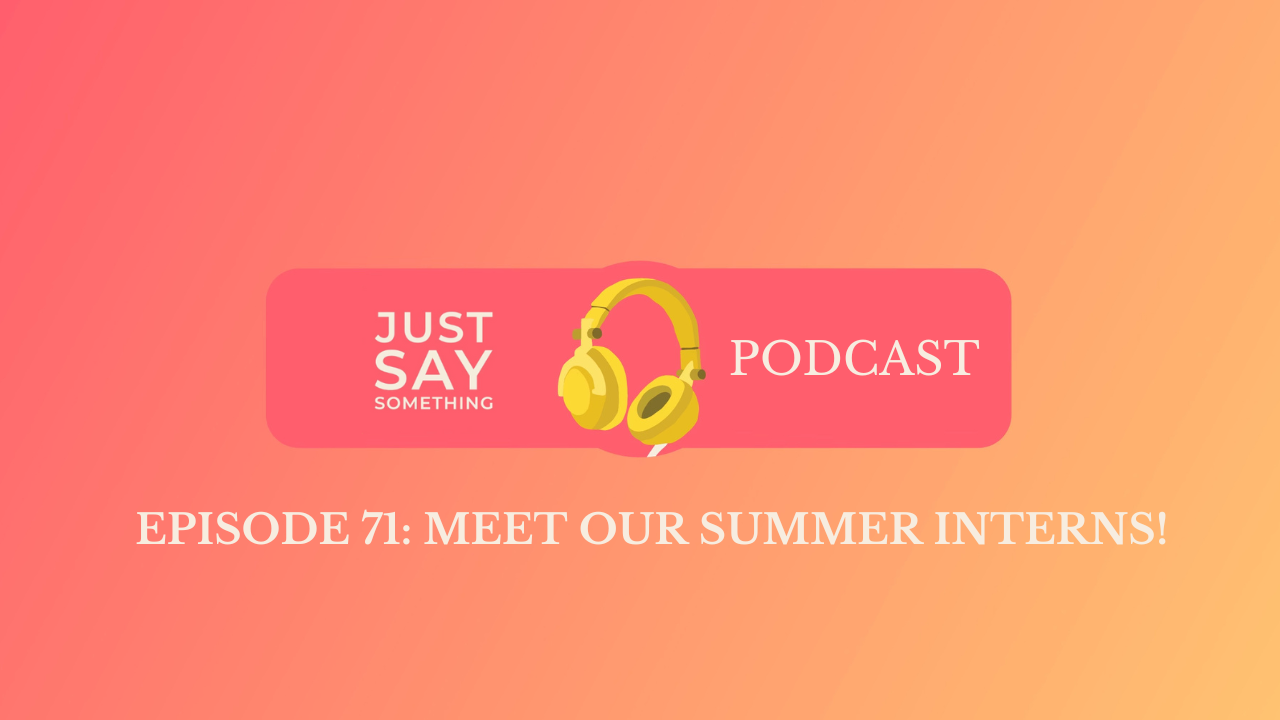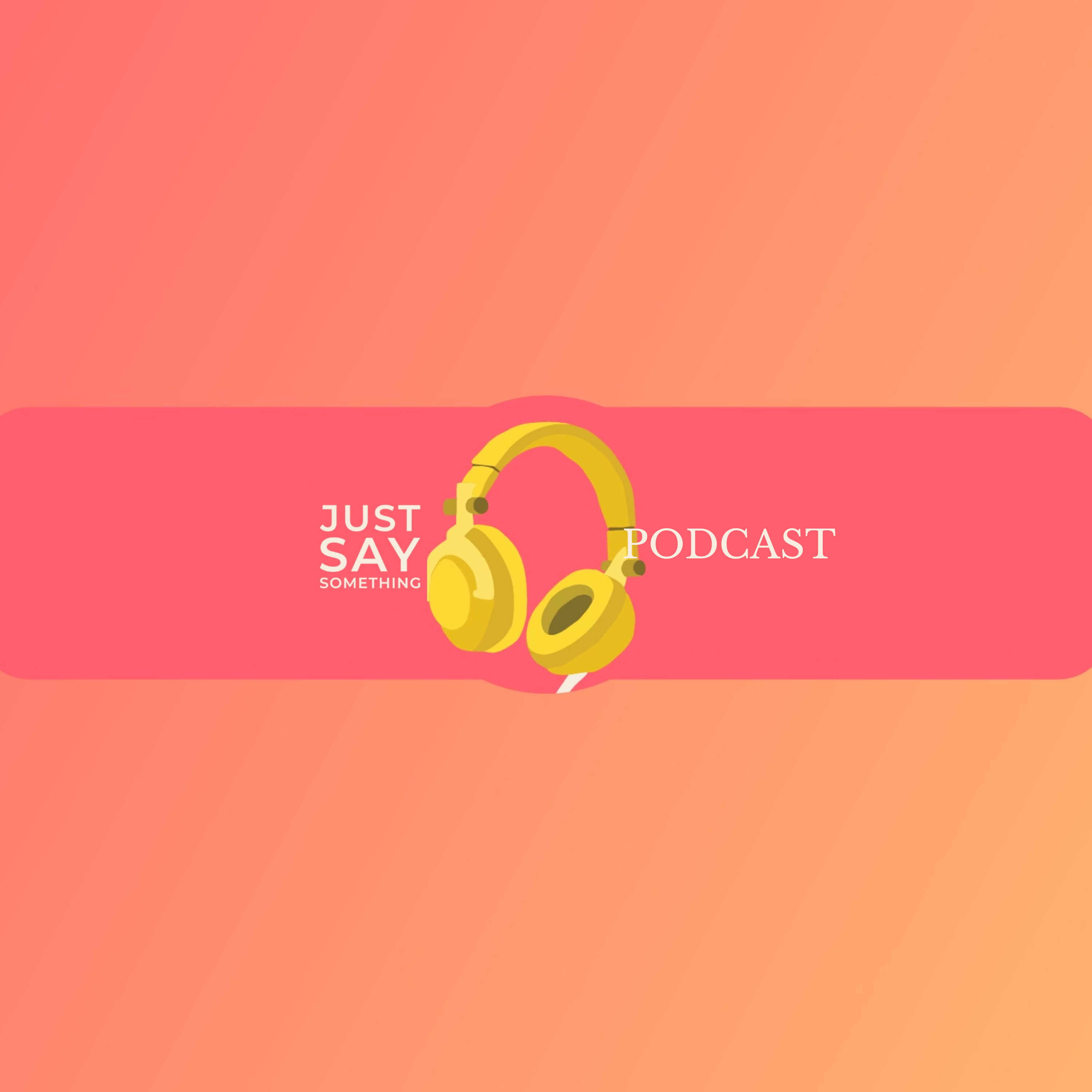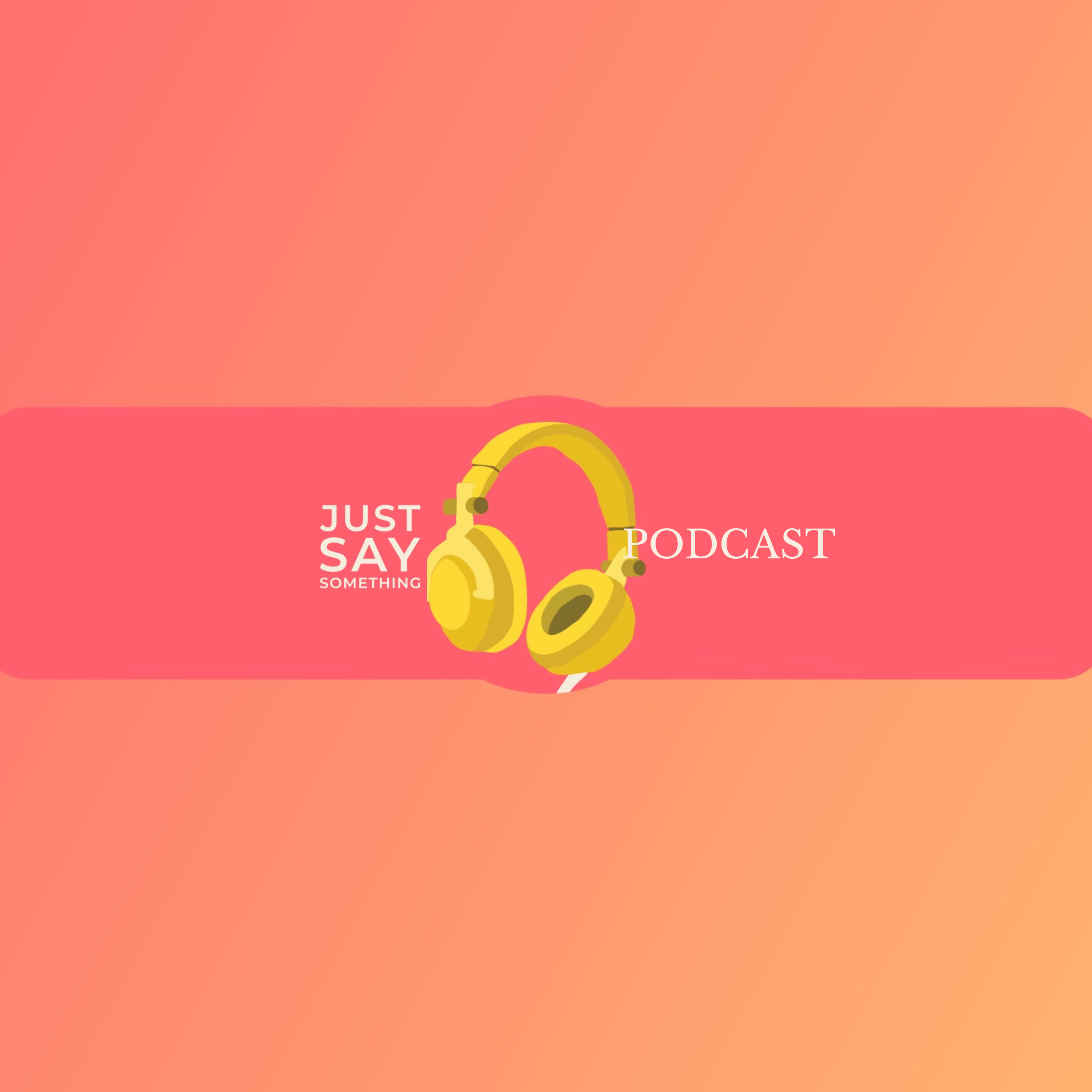Episode Transcript
[00:00:00] Foreign hello and welcome to Just say Something Podcast. I'm your host Philip Clark, and today we're talking about Mental Health Awareness Month. Observed each May across the United States.
[00:00:22] This annual observance gives us all an opportunity to reflect on the importance of mental well being and how we can better support ourselves and those around us.
[00:00:36] But before we get into this topic, don't forget to subscribe, follow, like, comment and share our podcast so others can find us and so you don't miss an episode.
[00:00:53] So Mental Health Mental health affects everyone. Whether you're struggling yourself or supporting a loved one, the statistics are eye opening. Nearly one in five adults in America, that's about 52.9 million people experience mental illness each year. For young people, the numbers are equally concerning, with 1 in 6 youth ages 6 to 17 experience a mental health disorder annually.
[00:01:33] Despite how common mental health challenges are, stigma remains the biggest barrier to seek help.
[00:01:41] Many people suffer in silence, afraid of judgment or discrimination. That's why this year's theme focuses on breaking down those barriers and normalizing conversations about mental health.
[00:01:58] The pandemic has only intensified mental health concerns, with rates of anxiety and depression increasing by over 25% globally during the first year alone. And that's according to the World Health Organization.
[00:02:15] Here in the United States, emergency room visits for mental health crisis among adolescents rose dramatically during that same period.
[00:02:26] But there's hope in these statistics too. When people receive appropriate treatment, the success rates are impressive. Between 70 to 90% of individuals report reduced symptoms and improved quality of life after receiving appropriate mental health care.
[00:02:47] The challenge is connecting people with those resources.
[00:02:52] Early intervention is key. The average daily or I'm sorry, the average delay between symptoms, onset and treatment is 11 years.
[00:03:04] Imagine waiting over a decade for help with any health condition. It's simply too long.
[00:03:12] Today, I want to highlight some warning signs we should all be aware of. Changes in sleep patterns, withdrawal from activities once enjoyed, persistent sadness, excessive worry, substance use, and dramatic mood changes can all indicate mental health concerns in children and teens. Watch for declining school performance, frequent tantrums, excessive worry, and changing in eating habits.
[00:03:51] Now let's talk about what we can do to support mental health awareness.
[00:03:58] First, educate yourself. Learn the facts about mental health conditions to help dispel myths and reduce stigma.
[00:04:07] Organizations like the national alliance on Mental Health NAMI offer free educational programs both online and in communities. We have NAMI Greenville here locally.
[00:04:22] Second, mind your language. Words matter. Avoid using terms like crazy or psycho that perpetuate stereotypes and hurt those struggling with mental health conditions.
[00:04:37] And third, be there for others Be there for others. That's a strong four words. Sometimes the most powerful thing we can do is simply listen without judgment.
[00:04:54] You don't need to have all the answers. Your presence alone can make all the difference.
[00:05:00] Fourth, advocate for better mental health policies in your workplace, school and community.
[00:05:08] This might mean pushing for mental health days, better insurance coverage or more accessible services.
[00:05:18] Fifth, take care of your own mental health. Practice self care regularly. Whether that's exercise, meditation, connecting with loved ones, or whatever helps you recharge, remember that seeking help is a sign of strength, not weakness.
[00:05:42] Mental health resources are more accessible than ever before.
[00:05:46] The 988 suicide and crisis line provides 24. 7 support for those in distress.
[00:05:55] Many insurance companies or insurance plans now cover mental health services, and telehealth options have expanded access tremendously.
[00:06:08] Community mental health centers offer services on a sliding fee scale, and support groups provide valuable connection at no cost.
[00:06:22] Check out Unity Health on Maine and NAMI Greenville if you're in the upstate of South Carolina. Digital resources are also transforming access to mental health support.
[00:06:36] While apps can't replace professional care, tools like Headspace Calm and other apps can supplement treatment and provide coping strategies.
[00:06:49] The workplace is another crucial frontier in mental health awareness.
[00:06:55] Companies are increasingly recognizing that supporting employees mental health isn't just compassionate, it's good business.
[00:07:05] Depression and anxiety cost the global economy an estimated $1 trillion per year in lost productivity.
[00:07:17] Employers who invest in mental health programs see a return of $4 for every dollar spent through increased productivity and reduced health care costs.
[00:07:29] Looking ahead, the mental health field is evolving rapidly. Innovative treatments like ketamine therapy and transcranial magnetic stimulation are offering hope for treatment resistant conditions.
[00:07:46] Digital Digital therapies, prescription apps designed to treat specific conditions, are expanding access to evidence based care.
[00:08:00] Remember that mental health exists on a continuum. We all have mental health, just as we all have physical health and both require ongoing attention and care.
[00:08:14] The Mental Health Awareness Month I encourage you to start conversations, check in with local loved ones, and advocate for a world where mental health is treated with the same urgency and compassion as physical help.
[00:08:35] Your story matters, and sharing experiences can help others feel less alone.
[00:08:42] If you're comfortable, consider being open about your own mental health journey.
[00:08:47] This kind of vulnerability can help be transformative in breaking down stigma.
[00:08:56] So that's all for today's episode. Let's all do our part to bring this conversation into the light. Until next time, I'm Philip Clark. Thank you again for listening to Just say Something Podcast.


